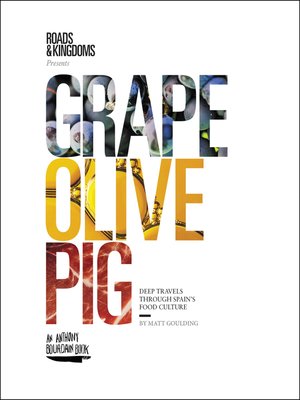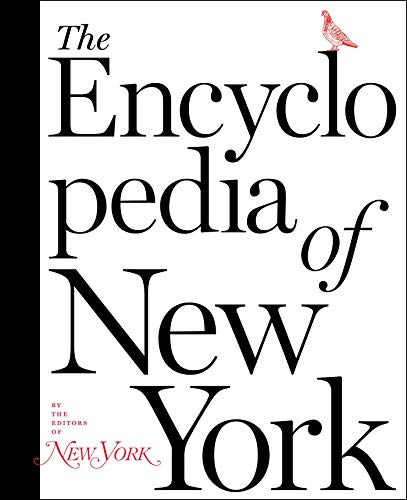
In her own life, Straub, a highly regarded author and a literary cheerleader-she and her husband own two Brooklyn bookstores-was essentially doing the same thing. (“When she was young,” Straub writes, “she’d thought he was old, and now that he was old, Alice realized how young he’d been.”) Alice ends up darting back and forth between different versions of her past and present, trying to find a way to keep her father alive, trying to outfox time. Her father, who had been dying in the hospital that day, is suddenly restored in front of her eyes, vigorous and thriving. This Time Tomorrow is ostensibly about time travel: Alice, an admissions counselor in New York City on the cusp of turning 40, discovers a portal-on the Upper West Side, of all places-that takes her back to the day of her 16th birthday. That we lose pieces of ourselves-treasured possessions, beloved places, entire stages of our loved ones’ lives-with such regularity that we scarcely think to grieve them at all. What she didn’t know was what the completed work would ultimately expose: that being human is largely about loss. She knew that the novel was about grief and about pre-grief, the strange purgatory of knowing that someone you love is going to die, when life feels indefinitely suspended.



“What’s so funny about being a novelist is how stupid one is, really,” she told me last month over Zoom. The book offers a revelation about a defining emotion of modern life, and it surprised even Straub herself. There’s a moment late in Emma Straub’s novel This Time Tomorrow that I hesitate to even allude to, because reading it, and realizing what she’s been doing, is one of those experiences that suddenly casts the world into slightly sharper focus.


 0 kommentar(er)
0 kommentar(er)
